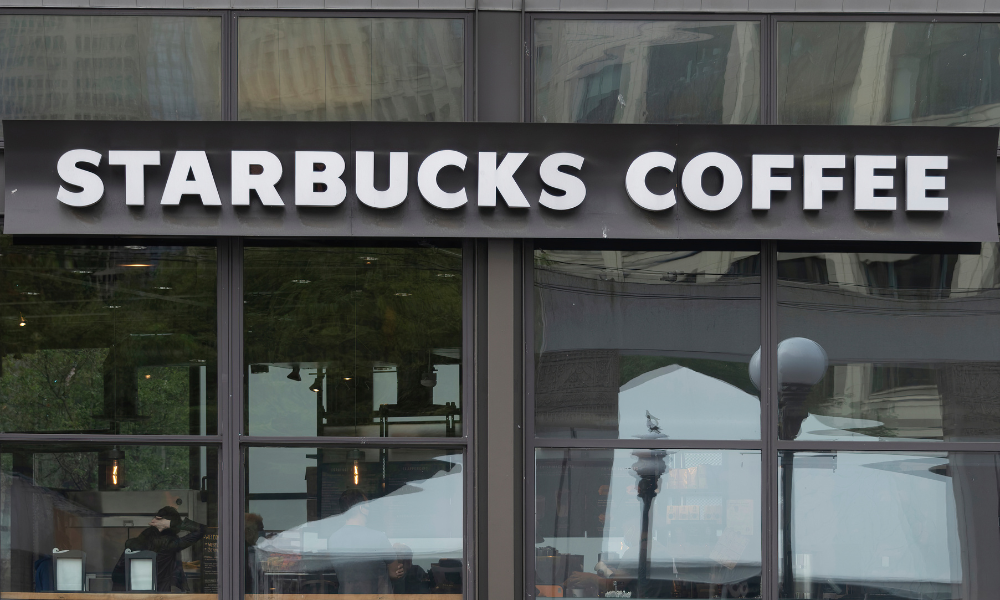
Starbucks employees may face termination if they fail to comply

Starbucks has announced it will enforce stricter measures to ensure corporate employees return to the office three days a week, with potential consequences for non-compliance that include termination.
According to an internal memo, obtained by Bloomberg and reported by The Seattle Times, the coffee giant will introduce a “standardized process” in January to hold workers accountable to the company’s hybrid work mandate.
The policy applies to around 3,500 corporate employees, with most of Starbucks’ workforce employed in its stores. The memo highlights a shift in Starbucks' approach to managing its hybrid workforce under the new leadership of CEO Brian Niccol, who assumed the role last month.
The memo details that consequences for not meeting the three-day in-office requirement will be “up to, and including, separation.” The policy marks an escalation in Starbucks’ stance on workplace attendance, following an earlier attempt to enforce the hybrid model in 2023, which met with resistance from staff.
Last year, dozens of corporate employees signed an open letter opposing the company’s hybrid mandate, voicing concerns about the effectiveness and fairness of the policy.
As Niccol steps into his new role, the company appears committed to re-establishing its office culture. “We are continuing to support our leaders as they hold their teams accountable to our existing hybrid work policy,” Starbucks stated in an official statement Monday, as reported by The Seattle Times.
Critics have pointed out that when Niccol was appointed CEO earlier this year, it was revealed he would be working remotely. It was reported by Bloomberg that he was not required to relocate to Starbucks’ headquarters in Seattle, but would be working at a specially set up remote office in Newport Beach, California, where he had previously worked for Chipotle Mexican Grill Inc.
Starbucks clarified that its expectations for hybrid employees had not changed, with specific exceptions for vacation, sick time, and business travel. The company has outlined procedures for employees to request exemptions due to physical, mental, or sensory disabilities. Additionally, the memo notes that Starbucks will be moving away from a set attendance day for all headquarters employees, allowing each team to establish its in-office schedules instead.
Starbucks’ hardening stance is in line with similar measures taken by other large companies. Amazon, for instance, recently mandated that its employees report to the office five days a week starting in January, moving away from its prior flexibility that allowed some remote work.
As reported by The Seattle Times, companies like Dell and several Wall Street banks have also introduced restrictions for remote workers, including limits on promotion eligibility for those who do not work on-site.